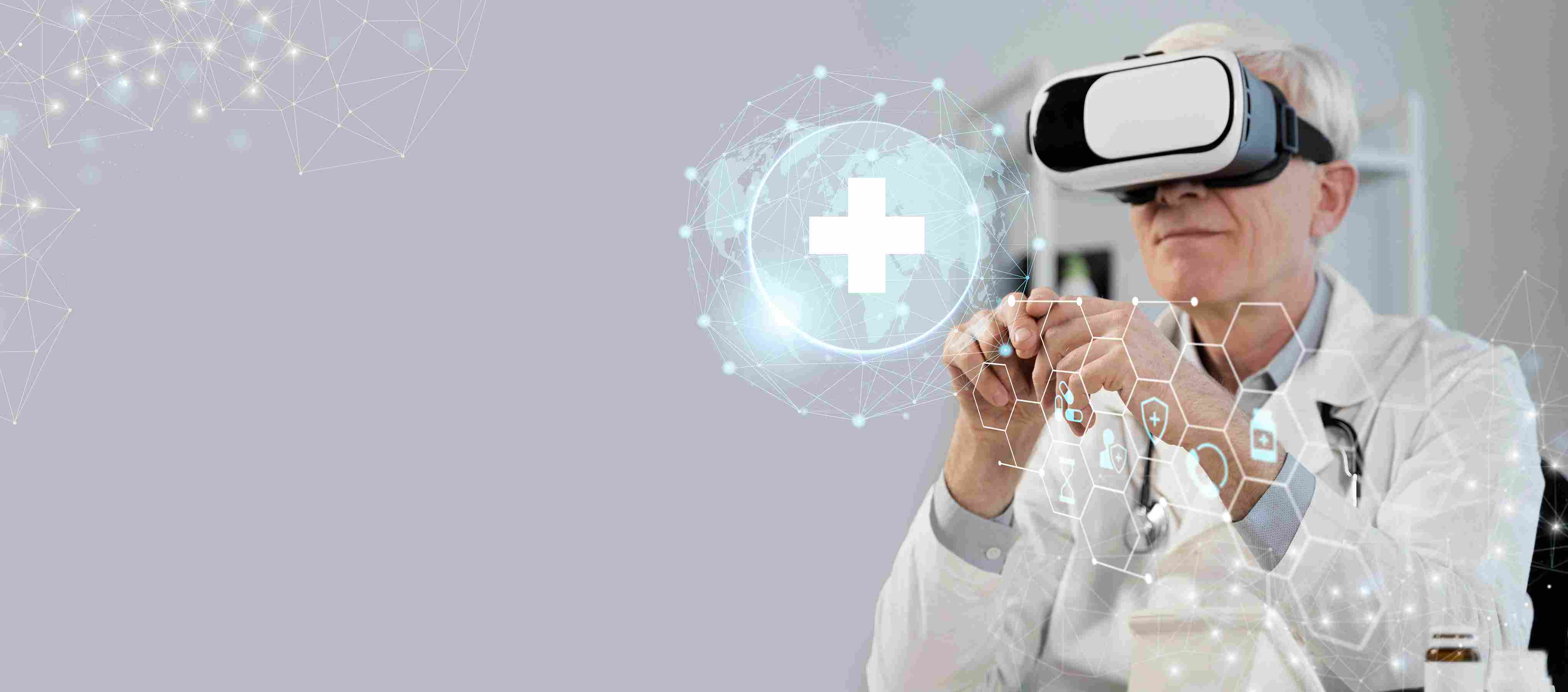
Picture this: A doctor in Mumbai instantly reviews a patient’s ECG uploaded from a wearable device in a remote Himalayan village. A cancer diagnosis is confirmed in seconds, not days, thanks to AI-powered imaging. Medical teams collaborate seamlessly, regardless of location, all while patient data remains secure and accessible. Sounds futuristic? Welcome to the present—where cloud technology is revolutionizing healthcare IT.
Healthcare is no longer confined by walls or wires. As we stride into 2025, cloud computing isn’t just a buzzword—it’s the backbone of a smarter, more connected, and patient-centric healthcare ecosystem. If you’re a healthcare leader, tech enthusiast, or simply passionate about better patient care, get ready to discover how the cloud is transforming the industry—and why now is the time to embrace this digital revolution.
Cloud Computing: The Heartbeat of Modern Healthcare
1. From Paper to Pixels: Seamless Data Management
Gone are the days of bulky paper files and siloed records. Cloud computing in healthcare centralizes vast amounts of electronic health records (EHRs), making them accessible to authorized users anytime, anywhere. This not only streamlines operations but empowers patients to take charge of their health, offering greater control and ownership over their medical data.
- Real-Time Access: Clinicians can instantly pull up patient histories, lab results, or imaging, even during emergencies, ensuring faster, more informed care.
- Interoperability: Enhanced standards like FHIR allow seamless data exchange across platforms, breaking down barriers between hospitals, labs, and specialists for coordinated, holistic care.
Example: A patient traveling abroad can grant a new doctor secure access to their complete medical history in seconds, eliminating redundant tests and delays.

2. AI and Analytics: Smarter Decisions, Better Outcomes
The cloud isn’t just a storage locker—it’s a powerhouse for AI-driven diagnostics and advanced analytics. By processing massive datasets, cloud-based AI tools can spot patterns invisible to the human eye, supporting early disease detection and personalized treatment.
- AI in Imaging: Cloud-powered AI models analyze scans for abnormalities, aiding early detection of cancer, cardiovascular, and neurological diseases—often with greater speed and accuracy than traditional methods.
- Predictive Analytics: Hospitals use cloud platforms to identify at-risk patients, anticipate outbreaks, and optimize treatment plans, shifting care from reactive to proactive.
3. Telemedicine and Remote Monitoring: Care Without Borders
Telemedicine adoption soared by 300% during the COVID-19 pandemic, and the cloud has made this growth sustainable. Today, cloud technology powers everything from virtual consultations to continuous remote patient monitoring via IoT devices like smartwatches and medical sensors.
- Expanded Access: Rural and underserved communities now receive specialist care without travel, bridging gaps in healthcare delivery.
- Continuous Monitoring: Devices stream real-time health metrics to the cloud, enabling proactive management of chronic diseases and timely interventions.
Example: A diabetic patient’s glucose readings are uploaded in real time, triggering alerts for both patient and provider if levels become dangerous.
4. Operational Efficiency: Automation and Scalability
Cloud technology isn’t just about patient care—it’s a game-changer for healthcare operations.
- Automated Admin Tasks: Billing, scheduling, and data entry are increasingly handled by AI-driven cloud tools, freeing staff to focus on patient care.
- Scalability: Need to ramp up services during flu season or a pandemic? Cloud infrastructure scales instantly, ensuring high availability and uptime without massive upfront investments.
Example: Hospitals report cost reductions of around 12% after migrating to the cloud, with public cloud solutions favored for their flexibility and affordability.

5. Security and Compliance: Trust in Every Byte
Healthcare data is sensitive, and security is non-negotiable. The good news? 80% of healthcare IT leaders believe the cloud is the most secure way to manage patient information.
- Robust Security: Advanced encryption, multi-factor authentication, and access controls protect data from breaches and cyber threats.
- Regulatory Compliance: Cloud platforms offer built-in compliance features for standards like HIPAA and GDPR, simplifying audits and reducing risk.
Example: Automated compliance checks and threat monitoring help organizations stay ahead of evolving regulations and cyber risks.
6. Next-Gen Innovations: 5G, Edge Computing, and IoMT
The future is here, and it’s fast. Integration of 5G and edge computing with cloud platforms is turbocharging healthcare IT.
- Real-Time Processing: 5G-enabled cloud solutions support instant data analysis for telemedicine and emergency care, where every second counts.
- Edge Computing: By processing data closer to its source—think wearable devices or bedside monitors—edge computing boosts speed and privacy, especially in remote areas.
- IoMT Expansion: The Internet of Medical Things connects everything from pacemakers to pill dispensers, streaming data to the cloud for continuous care and rapid response.

Ready to Join the Healthcare Cloud Revolution?
The message is clear: Cloud technology is not just enhancing healthcare IT—it’s reinventing it. From real-time data access and AI-powered diagnostics to seamless collaboration and robust security, the cloud is making healthcare more efficient, accessible, and patient-centric than ever before.
Are you ready to future-proof your healthcare organization? Whether you’re a hospital executive, IT manager, or health tech innovator, now is the time to embrace the cloud’s potential. Start by assessing your current IT infrastructure, exploring cloud migration strategies, and partnering with trusted cloud providers who understand the unique needs of healthcare.
Don’t let your organization be left behind. The cloud revolution is here—let’s shape the future of healthcare together!
Want to learn more or kickstart your cloud journey? Reach out to our team of healthcare IT experts today. The future of patient care is just a click away!

